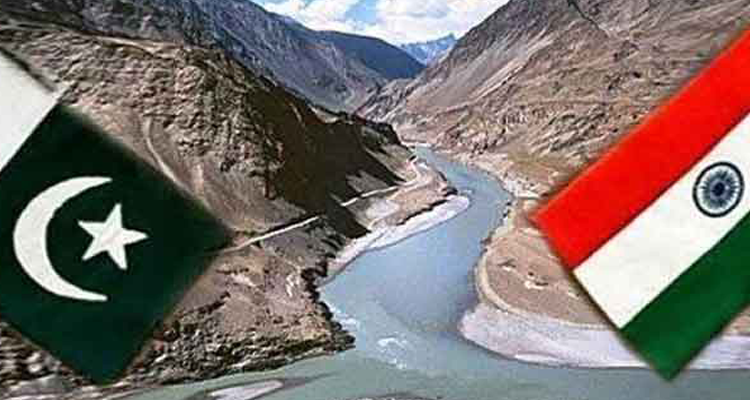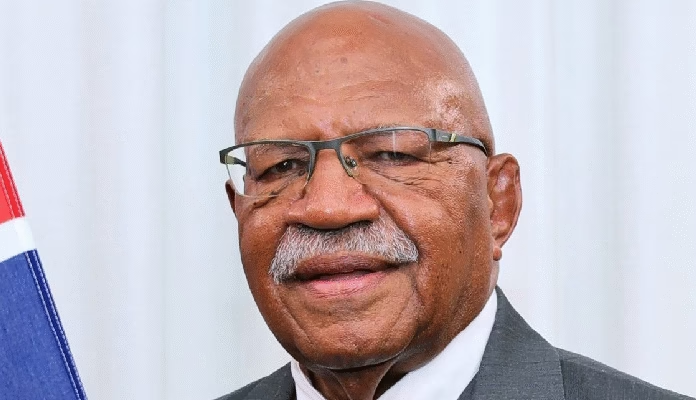
New Delhi : India has firmly rejected the recent ruling issued by the so-called Court of Arbitration regarding the Kishenganga and Ratle hydroelectric projects in Jammu and Kashmir, branding it “illegal” and “fabricated.” The Ministry of External Affairs (MEA) dismissed the supplemental award as an illegitimate decision by a body that India says lacks any legal standing under the 1960 Indus Waters Treaty.
In a strongly worded statement on Friday, the MEA reiterated that India never accepted the constitution or jurisdiction of this Court of Arbitration, calling its formation a “serious breach” of the Treaty. “Any proceedings or decisions made by this forum are not legally valid,” the Ministry said.
The MEA emphasized that India has placed the Indus Waters Treaty in abeyance following the Pahalgam terrorist attack, citing Pakistan’s continued support for cross-border terrorism as the reason. It stated that India is no longer bound to honor any treaty obligations under the current circumstances.
“No Court of Arbitration has the authority to challenge India’s sovereign decisions,” the statement asserted. India described the arbitration move as a “desperate attempt” by Pakistan to evade accountability for its role in fostering terrorism, and accused it of a long history of manipulating international mechanisms.
“This latest charade at Pakistan’s behest is yet another attempt to escape responsibility for its status as the global epicenter of terrorism,” the MEA added.
India has also warned that any future terrorist activity on its soil with proven links to Pakistan—direct or indirect—will be considered an act of escalation that could invite a military response anywhere inside Pakistan.
Background: The Indus Waters Treaty
Signed in 1960, the Indus Waters Treaty was a water-sharing agreement brokered by the World Bank. Under the treaty:
-
India was allocated unrestricted use of the waters of the three eastern rivers — Ravi, Beas, and Sutlej.
-
Pakistan received rights over the three western rivers — Indus, Jhelum, and Chenab — with India allowed limited non-consumptive use, such as for hydroelectric power generation.
The Kishenganga and Ratle projects, both situated in Jammu and Kashmir, fall within India’s rights under the treaty. However, Pakistan has raised objections, triggering past arbitration attempts.
Key Points:
-
India rejects the supplemental ruling by the “so-called” Court of Arbitration on Kishenganga and Ratle projects.
-
MEA calls the arbitration tribunal illegal and a violation of the 1960 Indus Waters Treaty.
-
Treaty placed in abeyance following the Pahalgam terrorist attack, citing Pakistan’s support for terrorism.
-
India says it no longer recognizes obligations under the treaty and warns of military retaliation against terror-linked attacks.
-
India accuses Pakistan of using fabricated legal channels to avoid accountability on terrorism.



